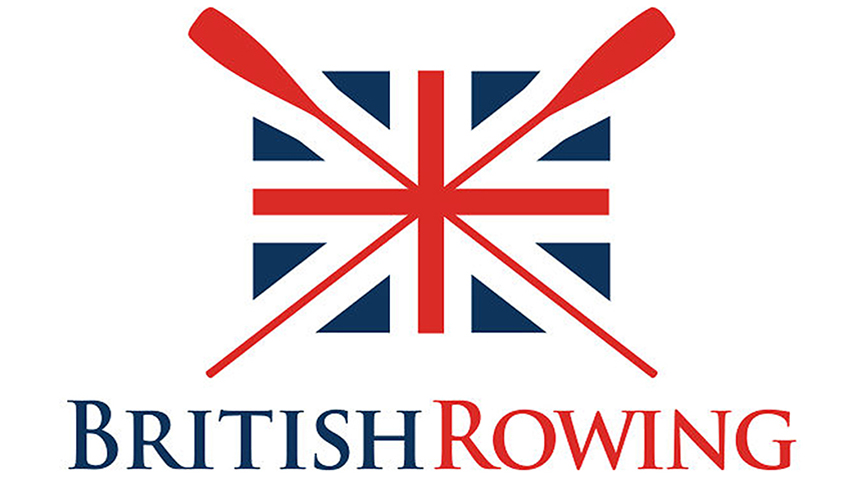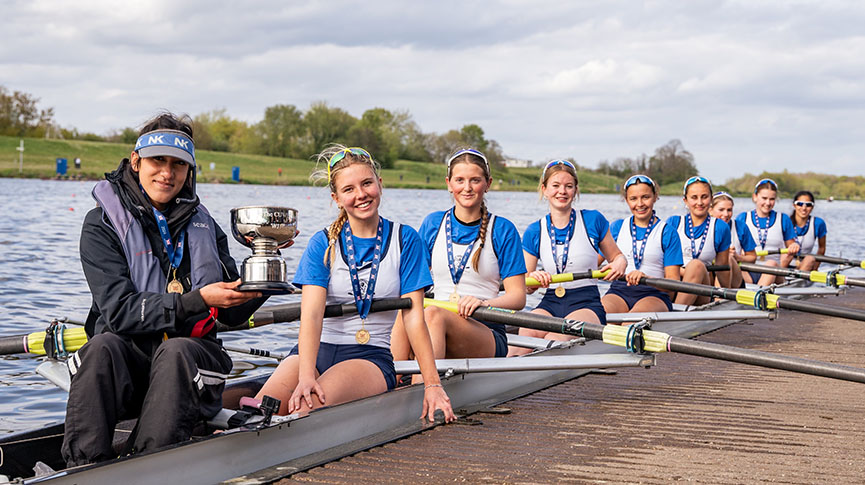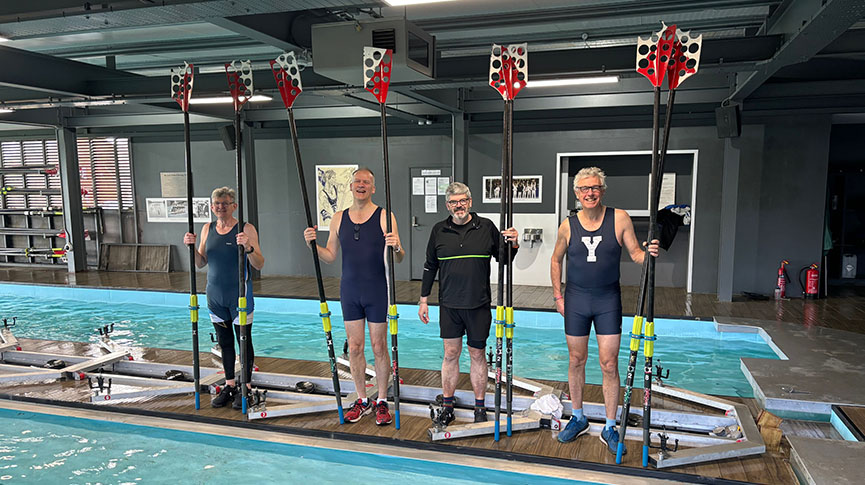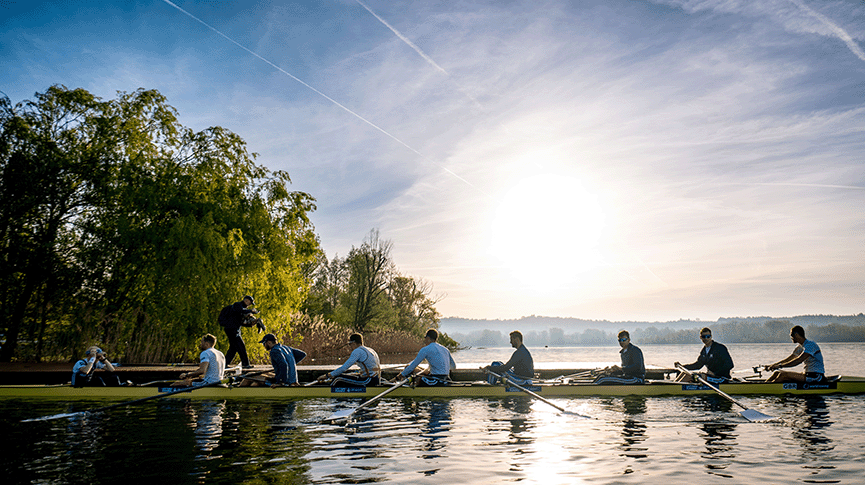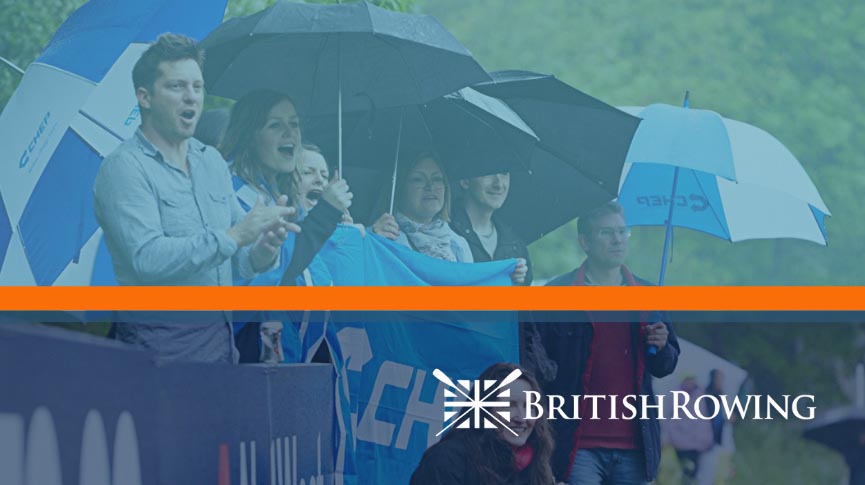Remembrance Day
Whilst Henry Allingham leads Britain’s Remembrance Day ceremony at the Cenotaph, we look back at some extracts from the 1915 and 1920 Rowing Almanacks
Most of the rowing through the war years was done by the schools. All rowing clubs were reported as being greatly affected owing to the majority of active members having joined his Majesty’s Forces.
The 1917 Review records that the Fourth of June celebration at Eton was one of the quietest on record. ‘The Roll of Honour of Etonians is very long. Over eight hundred of Eton’s sons had fallen in the war, and more than one thousand had been wounded, six Victoria Crosses have been gained and eight hundred old boys have been mentioned in despatches.’
A Services Regatta was held at Marlow in July and the large attendance was swelled by Australian servicemen detailed in England after being wounded in Gallipoli and France. On 25th August Marlow RC arranged a match for disabled service men ‘who rowed in clinker-built boats, with slides, over a course of about 6 furlongs on the Caversham Reach.’
In 1918 the eleventh annual regatta held on Boxing Day in Richmond was the first regatta of real interest to take place after the Armistice and was an unqualified success. After the war there was a great revival in the quality and number of crews, and universities rowing was taken up again with ‘the greatest zeal’. The presence of Colonial and American crews helped to fill the bill at regattas and provide excellent programmes of racing.
Roll of Honour, August 1914 to April 1915
‘We have complied this Roll of Honour of oarsmen who have fallen in defence of their country as far as we have been able to. Of those who have suffered or are still suffering for their country’s sake, (they) must not be forgotten.’
Lieut. G. S. Maclagan – By the death of Second-Lieut. Gilchrist Stanley Maclagan, 1st Batt. Royal Warwickshire Regiment, who was killed in action near Ypres on April 25, the rowing world sustains a very great loss. Maclagan was the hon. secretary of the Amateur Rowing Association, and one of the finest coxswains who ever handled the rudder-strings of a racing eight. He was thirty-five years of age, and we wish it were possible on this printed page to convey a tithe of the admiration and respect we felt for his private character and winning disposition. His loss will be deeply felt by very many friends.
Lieut-Colonel W. R. Lloyd – Lieut-Colonel Walter Reginald Lloyd, who was reported missing in the casualty list of Sept 23rd 1914, was later stated to have been killed at the Battle of the Aisne on Sept 14th. He was an old Eton boy, and rowed in the crew of 1886 for the Ladies’ Plate at Henley.
Two Members of Marlow R.C Killed – Two members of the Marlow R.C who rowed in club races are reported to have lost their lives in the war. Private J. W. C. Reading, of the London Rifle Brigade, who had been recommended for a commission for gallantry on the field, was killed in action on April 28th. News has been received from the Red Cross agency in Geneva that Private R. C. Forrest, of the London Scottish, died in hospital in Cassel. He was wounded and taken prisoner during the famous charge of the London Scottish at Messines. Private Forrest was at Harrow School last summer, and enlisted directly the war broke out.



